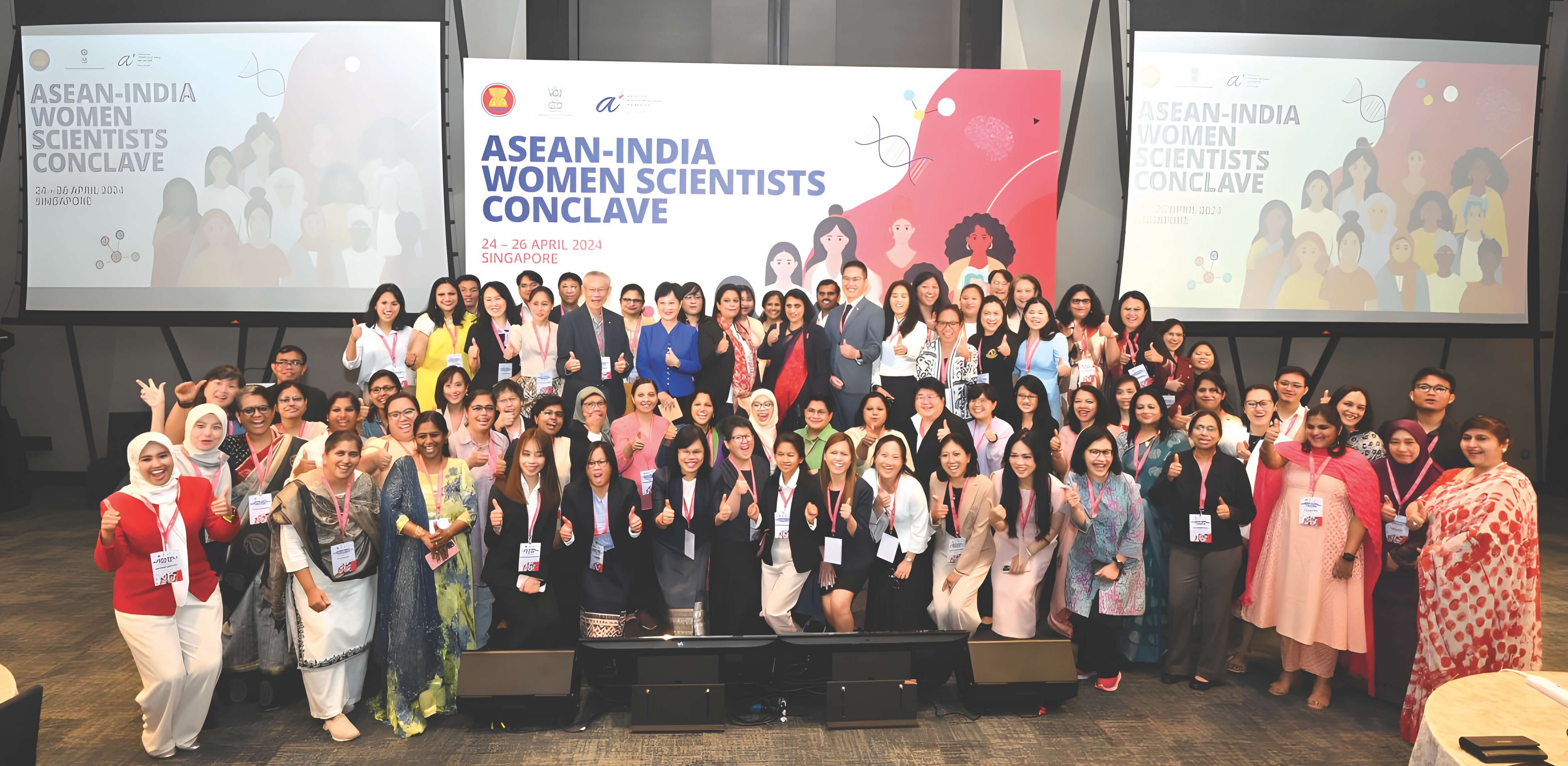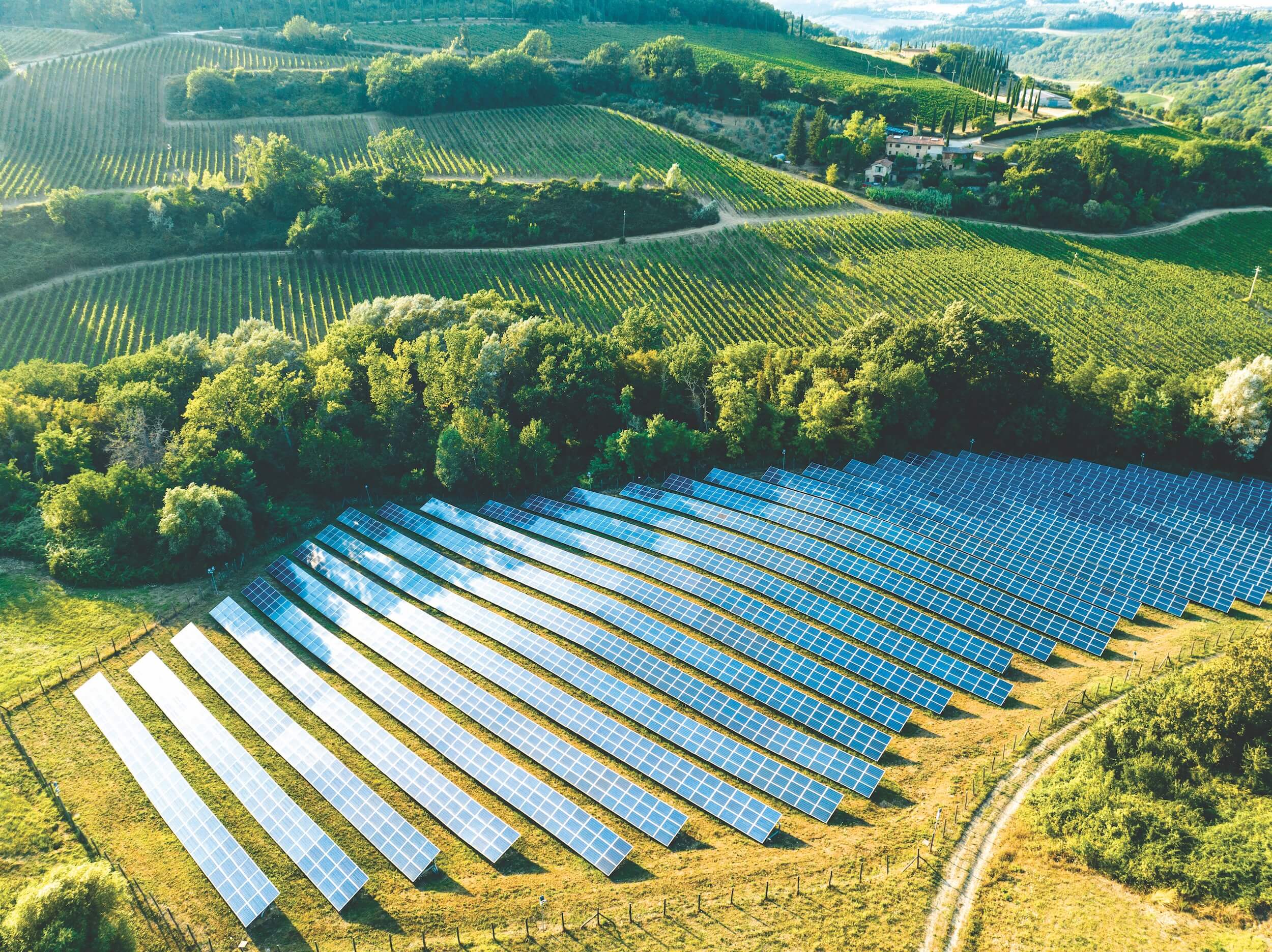



How can ASEAN Member States expand their creative economies? This was the central question that 30 participants mulled over at the regional workshop on creative economy held in Bali, Indonesia, on 4-5 September 2019.
Workshop participants included officials of government agencies in-charge of the creative sector, creative industry players, and representatives of international organisations.
ASEAN is keen on growing the region’s collective creative economy since it produces businesses and jobs, leads to cultural appreciation and preservation, and is powered by an endless resource —human imagination and creativity.
In recent years, Member States have established national bodies and partnered with the private sector to launch ambitious plans and programmes for promoting their visual arts, performing arts, traditional cultural expressions, heritage sites, publishing and printed media, film and video, new media, design, and creative services. They aspire to leverage their rich cultural heritage and their citizens’ design skills and technological know-how to gain a foothold in the global creative market.
The government of Indonesia, for example, formed the Creative Economy Agency or Bekraf in 2015 to synchronise policies and coordinate programmes related to the country’s creative enterprises and boost their contribution to the national economy.
The government of Thailand similarly set up its own Creative Economy Agency in 2018 to support the application of innovation and creativity in Thai products and services with an eye towards the international market.
In the Philippines, the Creative Economy Council of the Philippines, a private organisation of creative entrepreneurs, has partnered with the government to develop a roadmap to raise the demand for the country’s creative talent and content and increase the size and value of its creative industries.
The workshop gave the participants a platform to take stock of the countries’ accomplishments and best practices, identify common challenges, and assess the next steps.
Among the laudable initiatives presented by Indonesia and the Philippines was the establishment of centres of excellence and creative hubs.
Denpasar is one such hub, having been declared as a Creative City by the Indonesian government in 2019. The city’s Bali Creative Industry Centre has received funding from the government for infrastructure and capacity building programmes in support of creative enterprises in the area. The Centre offers training and competency certification to prepare individuals for internship and employment in the industry, implements a business incubator programme, and runs a gallery to showcase products.
At the regional level, ASEAN has launched projects that shore up the digital creative economy. One of these is the ASEAN Cultural Heritage Digital Archive Project, which aims to digitise Member States’ cultural heritage collections and make them publicly available online. Another is the Development of Digital Heritage Contents with UNESCO World Heritage of ASEAN, which aims to undertake 3D-scanning and ultra-high resolution f ilming of declared heritage sites in the region, which will then be showcased at the ASEAN Cultural House in South Korea, the ASEAN Cultural Centre in Bangkok, and the ASEAN Secretariat office based in Jakarta.
But the creative sector is faced with tough challenges according to workshop participants. They said that the expansion of creative industries can be stymied by limited access to f inancing, information, technology, and market; poor understanding of intellectual property rights; and weak domestic policies to attract investment.
The workshop concluded on an optimistic note, with participants agreeing to bring up creative economy issues and concerns at relevant ASEAN meetings, and carrying out a comprehensive study on the scope of creative economy in the region. The UN Conference on Trade and Development, which has been compiling country profiles on creative goods and services, also invited Member States to continue cooperating on data collection.








